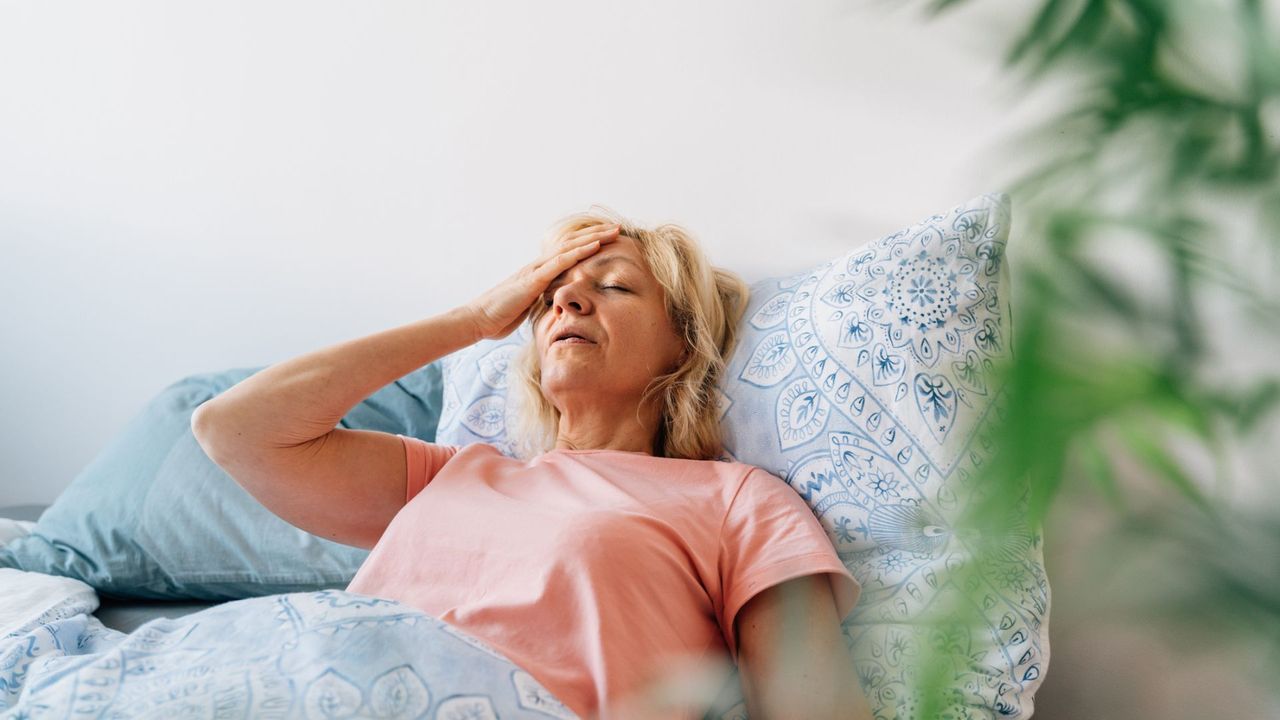Night sweats, a condition affecting up to 41 percent of primary care patients, can disrupt sleep and impact overall well-being. While hormonal imbalances are widely recognized as common causes, they are not the only factors at play. Dr. Andrea Matsumura, a board-certified sleep medicine physician at Sleep Goddess MD, explains how to identify true night sweats and offers solutions to help manage this often-misunderstood condition.
Understanding Night Sweats
Night sweats are characterized by recurring episodes of excessive sweating during sleep, distinct from occasional overheating that may result from environmental factors. Dr. Matsumura notes that overheating can occur due to a warm room, heavy bedding, or the consumption of alcohol or spicy foods before bedtime. In contrast, night sweats are often indicative of an underlying health issue.
Key indicators include the frequency and severity of episodes. Dr. Matsumura warns, “If you’re waking up drenched in sweat multiple nights per week and needing to change your clothes or sheets, that’s a red flag.” Additionally, if night sweats occur alongside other symptoms such as weight loss, fever, or chronic fatigue, they could signal a more serious health concern.
Identifying the Causes
Several factors contribute to night sweats, with hormonal changes being a leading cause, particularly among women. According to a 2023 review published in the Journal of the American Medical Association (JAMA), approximately 50 to 75 percent of women experience night sweats or hot flashes during the menopausal transition. Some women may also experience night sweats during pregnancy or even due to fluctuations in their menstrual cycle.
Certain medications can also trigger night sweats by affecting the nervous system or hormone levels. Medications that may contribute include antidepressants, pain relievers, fever-reducing drugs, and some blood pressure medications. Dr. Matsumura advises consulting a healthcare provider if medication changes coincide with the onset of night sweats.
Sleep disorders, particularly obstructive sleep apnea (OSA), can exacerbate the condition. Research from Iceland indicates that over 30 percent of individuals with OSA reported experiencing nocturnal sweating three or more times per week, a rate significantly higher than that of the general population.
Various health conditions, such as hyperthyroidism, gastroesophageal reflux disease (GERD), and certain cancers, can also lead to night sweats. Dr. Matsumura explains that these conditions may trigger metabolic responses that result in excessive sweating during both day and night.
Mental health issues, including anxiety and depression, can further complicate the situation. Dr. Matsumura states, “Anxiety, stress, and depression can activate the sympathetic nervous system at night,” which mimics the body’s fight-or-flight response and can lead to sweating.
Effective Solutions for Night Sweats
If you suspect that you are experiencing night sweats, it is crucial to consult a physician for a thorough evaluation. They can help determine the underlying cause and recommend appropriate interventions. Dr. Matsumura emphasizes, “If night sweats are disrupting your sleep or quality of life, don’t ignore them.”
In addition to professional guidance, several lifestyle changes may help alleviate symptoms.
Dietary adjustments can make a significant difference. Dr. Matsumura suggests cutting back on alcohol, caffeine, spicy foods, and heavy meals in the hours leading up to bedtime.
Creating a comfortable sleeping environment is also essential. Maintaining a cool room temperature, ideally between 18 to 21 degrees Celsius (65 to 70 degrees Fahrenheit), can help regulate body temperature. Utilizing breathable sheets and considering cooling mattresses or toppers can also contribute to a more restful sleep.
Regular exercise is beneficial for overall health and may help mitigate night sweats. Dr. Matsumura advises that daily movement can help regulate hormones and improve sleep quality. However, she cautions against intense workouts close to bedtime, as they might be overly stimulating.
Medical interventions may be necessary if night sweats stem from an underlying health condition. Treatment options can vary widely based on the specific cause, from medications to address thyroid dysfunction to tailored therapies for menopausal women. Dr. Matsumura notes that hormone therapy or non-hormonal options may be recommended depending on individual health profiles.
In summary, night sweats can result from a variety of factors, including hormonal changes, medications, sleep disorders, health conditions, and mental health issues. Identifying the underlying cause is essential for effective management. By seeking professional advice and making informed lifestyle adjustments, individuals can improve their sleep quality and overall health.
